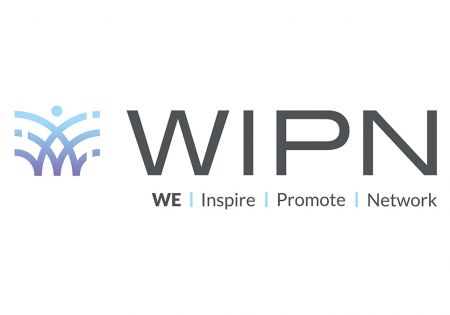Never miss a story — sign up for PLANADVISER newsletters to keep up on the latest retirement plan adviser news.
ING U.S. Rolls Out Retirement Savings Game
The app, called STRUCT, allows players to work with various building materials that symbolize different investment categories — steel (cash), wood (bonds) and glass (stocks) — as they build increasingly complex towers, or “structs.” Three main characters, called the build crew, correspond to a unique investor style: aggressive, moderate and conservative. A fourth crew member is a wild card, representing both market opportunity and risk. Through crew selection and game objectives, metaphors about saving and investing are conveyed that parallel the concepts of risk, diversification, goals and achievement. Crew selection, a diversified strategy and material handling are critical to a player’s success.
Players of STRUCT are introduced to each of the 12 game levels by an instruction guide, which provides tips that challenge the player to work with different building material and crew members. Each level brings new complexity, and the right combination of crew, material placement and speed helps the player score points and unlock achievements. There are also surprise moves for players to discover — including breakage, bonus points and the ability to discard a crew member’s building material. The “Build School” brings the metaphors to life, demonstrating how investor style and asset classes can impact the outcome, while the game’s glossary helps to build knowledge of key financial terms.
“We know many individuals need to do more when it comes to preparing for their retirement. Gaining greater awareness about accepted investing and saving principles is a critical part of that process,” said Rick Mason, president of corporate markets for ING U.S. Retirement. “ING U.S. is committed to developing effective ways that promote financial literacy and help consumers achieve positive retirement outcomes. By leveraging the popularity of mobile game apps, we believe STRUCT will entertain users while exposing them to important concepts.”
The app is available for iPhone, iPod touch and iPad on the App Store. More information about the game is available here.
You Might Also Like:
Itzoe Launches Getre(k)ruited.com Industry Networking Platform

Introducing WIPN — WE Inspire. Promote. Network.
Lori Lucas New President of EBRI
« Nontraditional Investments Gain Traction to Generate Income
